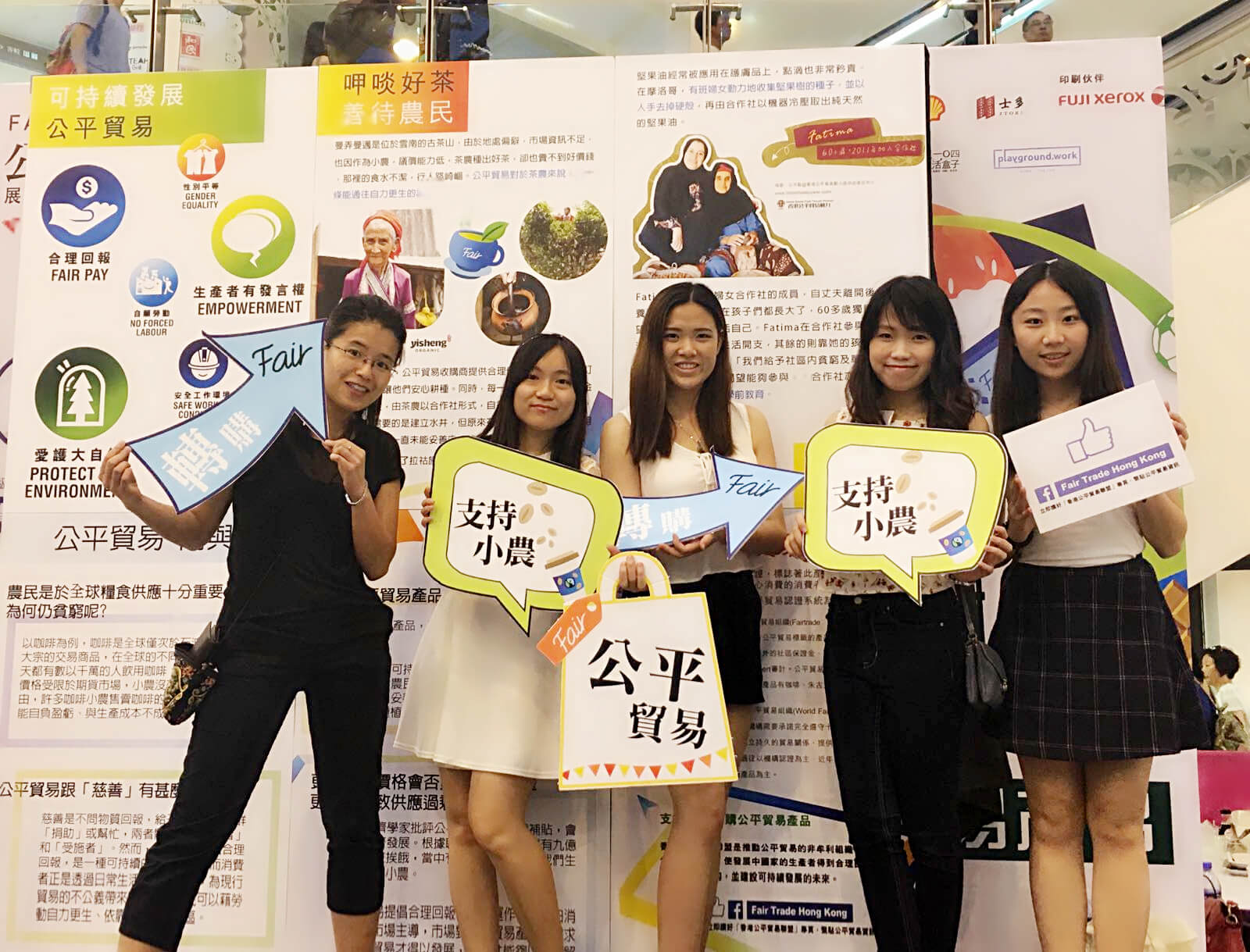Back to school AGAIN: A Thai Civil Servant’s odyssey of knowledge

With increasing worldwide and complex social challenges, the demand for talent in public policy and management soars. It is not uncommon for senior bureaucrats or rising stars from the civil service to be despatched for overseas study, or for some, to be lured by excellence of the institutes and attractive offer. Nitikon Jirathitikankit (Nitikon), our Thai Student of Master of Public Policy and Management (MPPM) with the Department of Asian and Policy Studies (APS) at the Education University of Hong Kong (EdUHK), is one of rising stars in Thai bureaucracy and an awardee of the MPPM Full Entrance Scholarship.

Prior to coming to Hong Kong, he has received two bachelor’s degrees in Political Science and in Law, and a master’s degree in Comparative Politics from different universities in Thailand. He also has completed a Master of Sciences in Security, Conflict and Justice at the University of Leeds before studying in our MPPM programme. Nitikon has been working for the Office of the Constitutional Court of Thailand as an Academic Officer at Constitutional Research and Development Division for more than a decade, we would like to know why he decided to study in our MPPM programme, and how does the knowledge he learnt from this programme help him for career advancement?
Please tell us a bit about your job
Before I studied in the UK, and Hong Kong, I had been working for the Office of the Constitutional Court of Thailand as an Academic Officer at Constitutional Research and Development Division for 11 years. My primary duty is mostly dealing with research project regarding comparative constitutional law and public law, and also the competences of the constitutional court or equivalent institutions around the world. Apart from legal research, I am also involved in publishing academic papers in academic journals and books for the Court.
Why and how did you decide to come to EdUHK and study MPPM?
APS signed the MOU with Naresuan University (Thailand) where I got my bachelor’s degree in political science, and my teacher, Professor Napisa Waitoolkiat (Dean of Faculty of Social Sciences at Naresuan University) recommended me to apply for this programme. The department offered me a full entrance scholarship, which provided me with a great chance to improve myself in the academic and research skills, an important criterion for my career advancement.
MPPM provided me with a wide range of courses, like the basic knowledge of public policy and public administration. Even though I graduated in political science for my bachelor degree, I have already forgotten some of the knowledge I acquired from the programme. So, MPPM is very useful for students who want to improve themselves in public management, public administration and public policy. I have recommended this programme to my friends and colleagues who are thinking of further studies.
In my opinion, the University and the department are very supportive to students, especially international students, who are total strangers to Hong Kong, like me, and I do really appreciate that in this difficult situation, the school has putting a lot of effort to ensure students’ safety and continuity in learning. Also, teachers and Staffs of the APS have been providing good quality of teaching and learning environment, and I am very impressed.
I found out that the environment here is very peaceful and lovely. Although I am living off campus, I come back to the campus all the time, even though all face-to-face lectures have been cancelled, because the environment is so tranquil that it is very conducive to learning.
How does the knowledge you have learnt from the programme help you in your career advancement?
I think the programme has broadened my perspectives. As a civil servant in my home country, of course, I am familiar with the public administration in Thailand but know very little about other countries. The course PPG 6005 ‘Public Administration and Management in Asia’ taught by Professor Darryl Jarvis provided me with this kind of knowledge. In the course, he illustrated the concepts by using a lot of real-life examples. For example, he told us how the Indonesian Government manage their utilities, such as water and electricity, through privatization. This kind of knowledge helps me understand more about public administration, and I could take some references from these examples. If I ever have the chance, I could propose some ideas to my senior managers in order to improve the Court’s performance.
Not only have I gained knowledge from this programme, but also I have improved my inter-personal skills, as most of the assignments given by the lecturers are group-based. I have a lot of chances to work with classmates from different backgrounds, and we can learn how to share ideas, how to compromise with one another and get the decision from different aspects. This skill is very important to my life, as well as for my career development.
What would you say about the learning style in Thailand and Hong Kong?
I was quite surprised by the Student-Teacher relationship here. In Thailand, we keep some distance with our teachers as we need to pay respect to them, However, in Hong Kong, we are given opportunities to contact all lecturers, and we can make an appointment for consultation just simply by sending an email. Therefore, we have a very close relationship with lecturers.
Furthermore, lecturers provide students with the reading list, assign us with lots of articles and texts to go through before the class. This proves to be quite useful, as you know what you are going to learn in advance, and we can prepare ourselves before the class. Moreover, the University’s facilities, such as the library, also provide us various kind of materials, which are the significant resources for conducting research project and doing assignments.

How do you spend your free time here?
I am one of the volunteers at the Hong Kong Society for Asylum-Seekers and Refugees (HKSASR), which is founded by Dr Isabella Ng, and this offered me a new experience. As a civil servant in Thailand, I was just sitting in my office and doing my job, but working with Isabella, I can explore the unknown side of Hong Kong. At the same time, I have made a lot of new friends with the asylum-seekers and refugees. This offers me a new opportunity to learn how to communicate with people of different background from Hong Kong.














